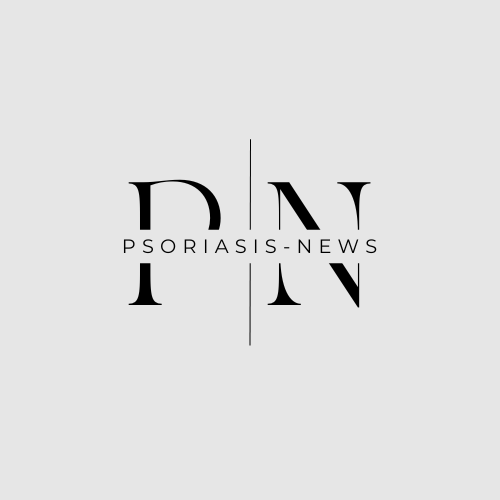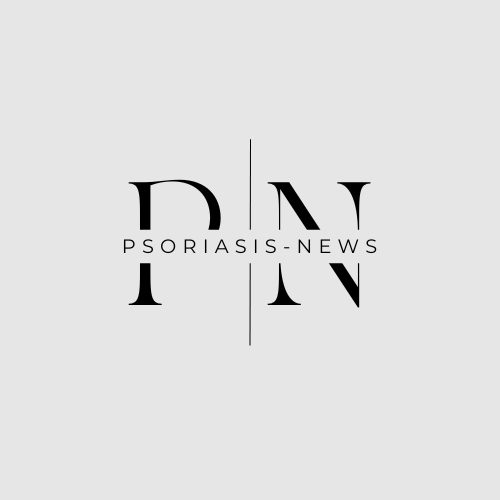JAMA Dermatol. 2024 Apr 10. doi: 10.1001/jamadermatol.2024.0257. Online ahead of print.
ABSTRACT
IMPORTANCE: There is no US Food and Drug Administration-approved treatment for pityriasis rubra pilaris (PRP), and it is common for patients to fail to experience improvement with several systemic options. Involvement of interleukin (IL) 23 suggests a potential therapeutic target.
OBJECTIVE: To determine whether guselkumab, an IL-23p19 inhibitor, provides clinical improvement for participants with PRP and better understand gene and protein dysregulation in PRP.
DESIGN, SETTING, AND PARTICIPANTS: This single-arm, investigator-initiated nonrandomized trial was conducted from October 2019 to August 2022 at a single-center academic university with participants from 8 states in the US. In total, 14 adults with moderate to severe PRP were enrolled; 12 completed the trial. Age-matched and sex-matched healthy controls provided skin and blood for proteomic and transcriptomic studies. The primary outcome was observed at 24 weeks, and additional follow-up occurred at 36 weeks.
INTERVENTION: Guselkumab is a fully human immunoglobulin G1 λ monoclonal antibody that selectively binds and inhibits the p19 subunit of IL-23. Subcutaneous injections were given at the US Food and Drug Administration-approved dosing schedule for psoriasis over a 24-week period.
MAIN OUTCOMES AND MEASURES: The primary outcome was the mean change in the Psoriasis Area Severity Index (PASI) score at week 24. Secondary outcomes included pruritus, Dermatology Life Quality Index score, clinical response at week 36, and association with transcriptomics and proteomics expression.
RESULTS: A per-protocol analysis was performed for the cohort of 4 female and 8 male patients who had a mean (SD) age of 56.5 (18.7) years. The mean improvement in PASI score, pruritus, and Dermatology Life Quality Index score was 61.8% (P < .001), 62.3% (P = .001), and 60.2% (P < .001), respectively. Nine participants (75%) achieved a 50% improvement in PASI. Among these clinical responders, at week 36, 8 of 9 achieved PASI75, and 6 of 9 achieved PASI90. No participants had pathogenic CARD14 gene variations. There was 1 serious adverse event that was not associated with the study drug. Proteomics and gene expression profiles identified dysregulation of a predominance of inflammatory pathways (such as T helper 17 and nuclear factor κ B) in participants with PRP who later responded well to treatment with guselkumab and stronger dysregulation of keratinocyte development pathways in individuals who did not respond to guselkumab.
CONCLUSION AND RELEVANCE: The results of this nonrandomized trial suggest that guselkumab has efficacy in treating refractory moderate to severe adult PRP.
TRIAL REGISTRATION: ClinicalTrials.gov Identifier: NCT03975153.
PMID:38598229 | DOI:10.1001/jamadermatol.2024.0257

